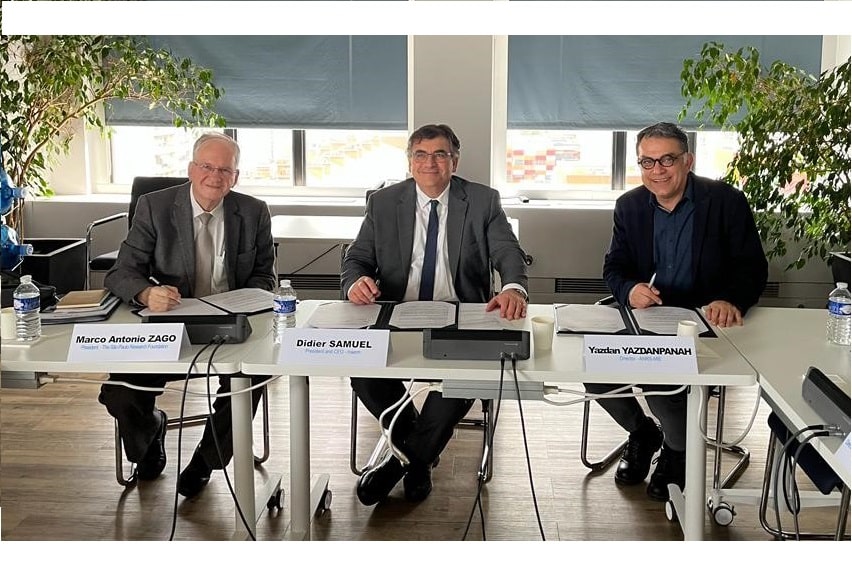Scientific exchanges between France and Brazil have been increasing for more than 30 years, particularly regarding HIV and tuberculosis. The largest country in Latin America has always been deeply committed to such issues, for example access to antiretroviral treatments.
On March 29, the close ties between the two countries were further enhanced with the signing of a three-year, renewable agreement protocol. This protocol covers not only research into HIV/AIDS and tuberculosis, but also other pathologies, notably emerging and re-emerging infectious diseases, including those linked to animals (arboviruses zika, chikungunya, dengue fever and so on), viral hepatitis, STIs, immunology, neurosciences, genetics, chronic diseases and cancer. The agreement’s application will be coordinated by a multi-party steering committee. This will take the form of joint research projects, scientific meetings and the provision of technical and scientific expertise.
The protocol links the São Paulo State Research Foundation (FAPESP), to Inserm and the ANRS | Emerging Infectious Diseases. Each state in Brazil has a State Research Foundation with a mandate covering every scientific domain and financed via up to 1% of the state budget. The state of São Paulo allocates significant and enduring amounts to medical research. “São Paulo, with its significant financial capacities, maintains a very high-level research and human resources infrastructure,” said Yves Souteyrand, scientific advisor to the Strategy and Partnership Department of the ANRS | Emerging Infectious Diseases. As part of the collaborative projects, the FAPESP will finance the Brazilian element, and Inserm and/or the ANRS | Emerging Infectious Diseases will finance the French element.
“This collaboration protocol between the São Paulo State Research Foundation, Inserm and the ANRS | Emerging Infectious Diseases aims to develop excellence in research. The teams are of the highest caliber on both sides of the Atlantic, in particular in the priority area of infectious diseases. From a One Health perspective, the Brazilian ecosystem is extremely rich, in particular in the Amazon region. It offers significant potential for studying human-animal interactions,” Yves Souteyrand, scientific advisor to the Strategy and Partnership Department of the ANRS | Emerging Infectious Diseases.
Historically, Brazil was one of the first countries outside of Africa with which the ANRS cooperated, starting back in 1992. In 2001, a scientific partnership sealed relations between the ANRS | Emerging Infectious Diseases and the Brazilian Ministry of Health. Finance was provided for 60 projects or research grants, within the framework of calls for tender.
There are currently around ten projects underway. They include trials to treat HIV/tuberculosis co-infection, ANRS REFLATE TB and ANRS REFLATE TB2, and, more recently, the ELDORADO antiretroviral combination therapy trial in HIV-infected people, and the UNITY multicenter trial on the safety and efficacy of mpox treatments.



